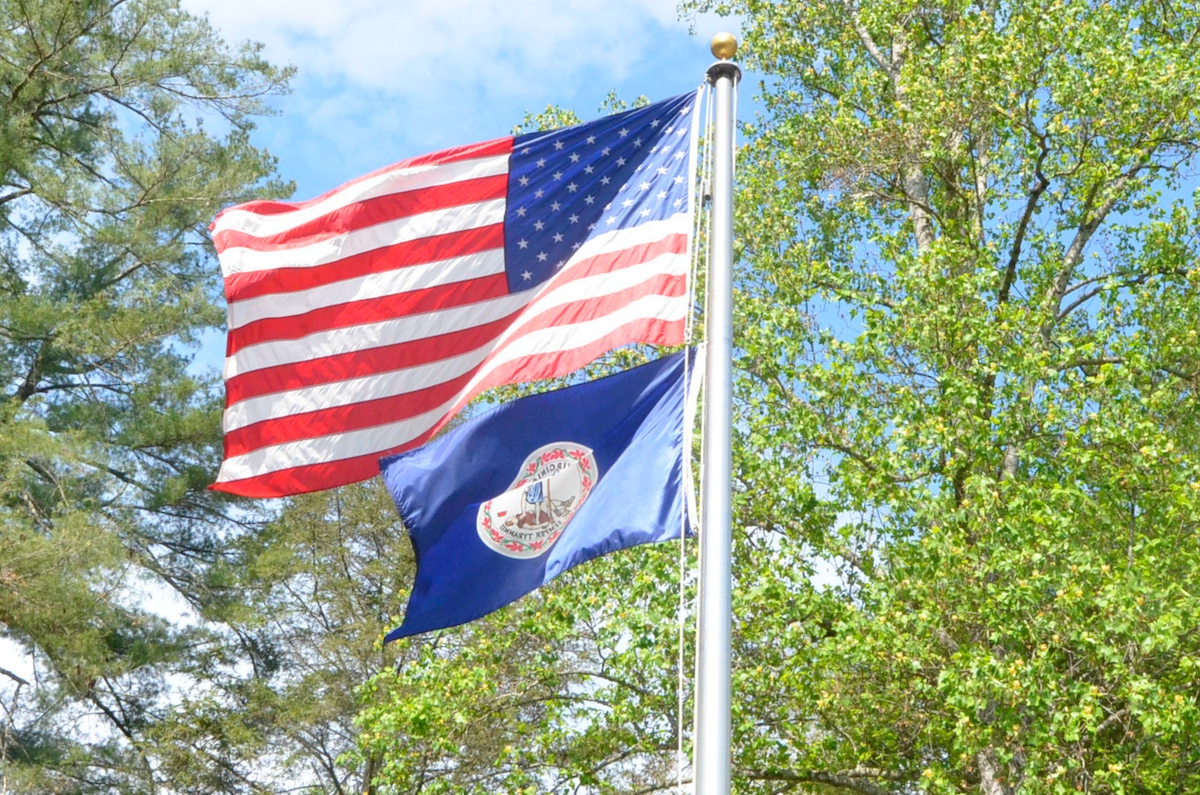Today, the Biden-Harris administration announced the 31 Tech Hubs designated by the US Department of Commerce’s Economic Development Administration (EDA).
A tech hub, as defined by the EDA, is a region with lots of potential to drive innovation and job creation, as well as boost manufacturing and technological deployment on US soil. In August, regional consortia made up of industry partners, academia, governments, workforce organizations and more submitted applications for Tech Hubs designation in Phase 1 of the program. Designated regions are eligible for millions in funding in Phase 2, which kicks off this fall.
During Phase 1, consortia representing less-developed regions could also apply for strategy development grants during Phase 1, meant to help them grow into “future tech hubs,” per the EDA.
The 31 Tech Hubs designees were selected from 400 applications, and the Richmond metropolitan statistical area’s Advanced Pharmaceutical Manufacturing Tech Hub — an effort led by Prince George, Virginia’s Commonwealth Center for Advanced Manufacturing — was among them. Virginia’s Additive Manufacturing & Applied Materials Strategy Development Consortium also nabbed a Tech Hubs Strategy Development Grant, with the New River Valley Regional Commission as the lead agency.
The Richmond consortium hopes to boost the growth of the US’s advanced pharmaceutical manufacturing tech industry for medicines. Overseas pharmaceutical development has led to supply chain vulnerabilities as well as making regulation and monitoring difficult, the announcement notes. The region’s tech hub status comes from strategy development over decades, regional assets, capabilities in science and public/private partnership investments.
Another Virginia consortium also got a strategy development grant to focus on additive manufacturing and advanced materials. Work will take place in Floyd, Giles, Montgomery and Pulaski counties, plus Radford and Danville.
“President Biden’s Investing in America agenda is rooted in policies that will empower the United States to out-innovate and out-compete the rest of the world,” US Secretary of Commerce Gina Raimondo said in the public announcement of awardees. “Our Tech Hubs Program is fundamental to that mission and will supercharge innovation across the nation by spurring cutting-edge technological investments and creating 21st-century job opportunities in people’s backyards.”
Next, Tech Hubs designees can apply for grants of $40 million to $70 million via the Department of Commerce, funding made available through the CHIPS and Science Act. In total, almost $500 million was set aside for this program in the hopes of growing tech strongholds beyond Silicon Valley, Boston and New York City.
In February, US Assistant Secretary of Commerce for Economic Development Alejandra Castillo said the Tech Hubs program was about taking a broad lens and finding the regions where tech manufacturing could flourish, and highlight innovation on US soil.
“A tech hub is not necessarily a building, it’s not a place, it’s a collection of economic drivers in a particular region,” Castillo told Technical.ly. “It’s building the interconnected ecosystem that supports critically important emerging industries.”
Of note, the two selectees in Virginia are in the southern region, and Maryland’s wins are more concentrated around Baltimore — meaning DC doesn’t have a strong, central presence on this list. But collaboration is key in the Tech Hubs world.
Back in August, George Thomas, chief innovation officer for Connected DMV, told Technical.ly that to his knowledge, Virginia submitted three proposals, including one anchored around climate and resistance from NoVa schools and companies. In the greater region, he’d also heard of proposal plans on the commercialization of advanced technology and more from various entities in Maryland.
“No single region or no single state has the wherewithal to pull one of these off because some of these challenges that we’re trying to solve are significant science challenges, technology challenges and commercialization challenges,” Thomas said at the time.
Neither Thomas nor representatives from the Commonwealth Center for Advanced Manufacturing responded to a request for comment at the time of publishing.
Still, the Tech Hubs process was, at its core, about finding areas with potential for growth or “on the edge of glory,” as Castillo put it, and needed a funding boost. Bruce Katz, a longtime urban policy wonk and director of Drexel University’s Nowak Metro Finance Lab, said in July that winning the designation is one part of a long road ahead.
“Winning an application is not the end of the process; it’s the beginning,” Katz said. “It’s part of a broader strategy for global competitiveness.”







